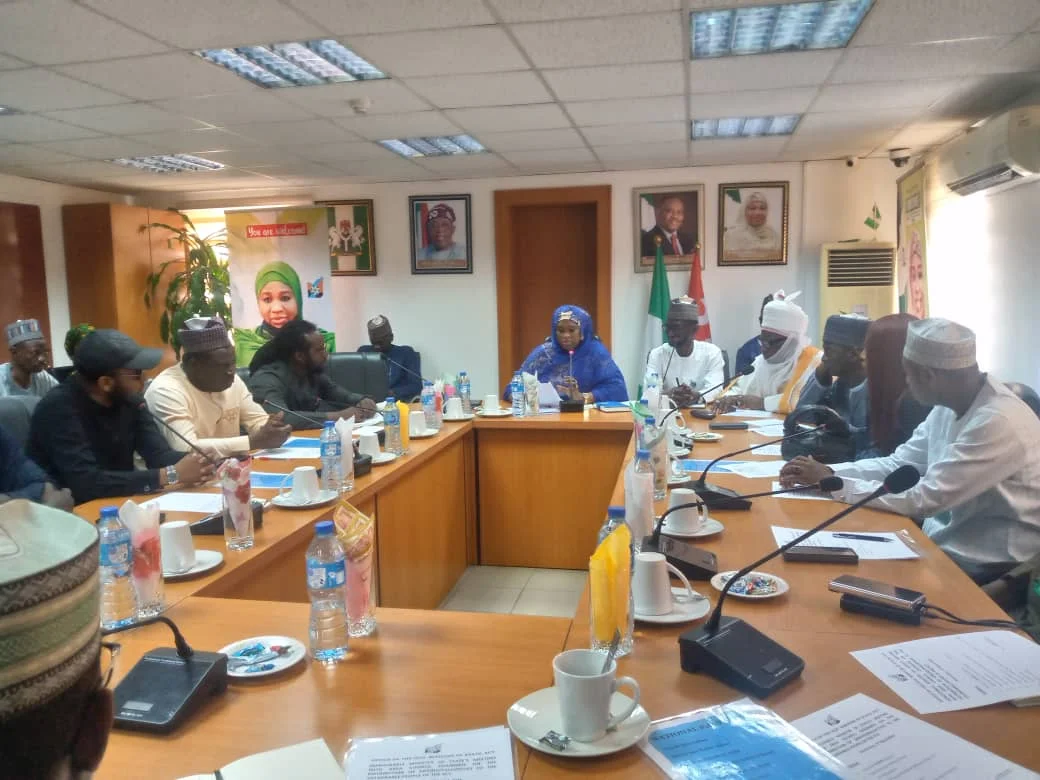Business
Economic Dev: BoI, Benue Raise SMEs Funding
The Bank of Industry (BoI) says the Benue Government and the bank have increased the N2 billion marching fund for Small and Medium Enterprises (SMEs) to N4 billion in order to fast-track development.
The Acting Managing Director of the bank, Mr Waheed Olagunju, said this in a statement yesterday in Abuja.
Olagunju, who spoke at the official commissioning of BoI state office in Makurdi, noted that the increase was to ensure a boost in economic transformation.
He said that the decision to open a branch office in the state was to sustain the efforts of providing better service to the people of the state.
According to him, it will improve the agency’s turnaround time of processing transactions.
“Benue state governor has left no one in doubt about his commitment to ensuring rapid economic transformation of the state christened, food basket of the nation.
“The governor has expressed readiness to increase the state’s contribution to this fund between N3 billion to N4 billion naira. And we assure you that we will match this in equal sum.
“The bank processes are interlinked with its offices nationwide such that transactions are made easier and faster.
“With the state’s rich endowment in mineral resources, all the building blocks for industrialisation are present and BoI has come to help the state realise the potential,’’ Olagunju said.
H e noted that the state and the ýbank had earlier inaugurated a N2 billion marching fund dedicated for the provision of concessional financial assistance to entrepreneurs operating in the state.
Olagunju said that both parties provided one billion each.
According to him, the governor has agreed to raise the fund to N4bn, while the bank will raise its own contribution from one billion naira to two billion naira.
He explained that the bank had earlier in the month approved loans of approximately N1.5 billion to more than 13 companies and micro enterprises spread across the state.
Governor Samuel Ortom, while encouraging people of the state to go into small trade, also warned beneficiaries that the money was not meant to marry more wives, but to grow their businesses.
“This money is not for you to go and start marrying more wives and to buy more cars. It is meant to do business and make profits,’’ Ortom said.
Business
Nigeria, China Opens $2b Maritime Investment

Business
FG Boosts Local Energy Supply Chain

Business
FOCPEN Seeks Direct Energy Purchase From GenCo

-
Nation2 days ago
FG Train Over 500,000 South-South Region Student Leaders
-
Sports2 days ago
Adebola Wins National Scrabble Tourney
-
Niger Delta2 days ago
NARD Urges Better Incentives To Halt Brain Drain
-
News2 days ago
Police Clarify Accelerated Promotions, Warn Against Lobbying
-
Niger Delta2 days ago
Group Raises Fund For Federal Agric Varsity Take-off
-
Niger Delta2 days ago
NIS Intensifies Synergy With Bayelsa Journalists
-

 News2 days ago
News2 days agoJAMB Reels Out Measures For Screening Under-16 Candidates
-
Sports2 days ago
NFF Applauds Carloha After WAFCON Triumph


